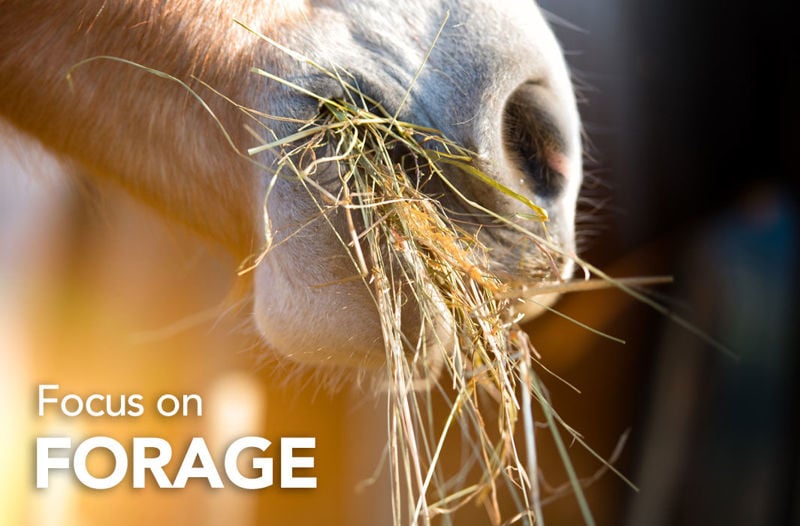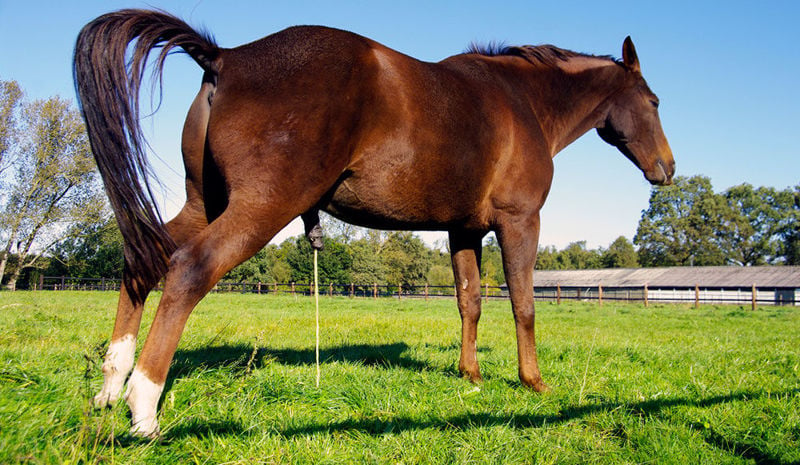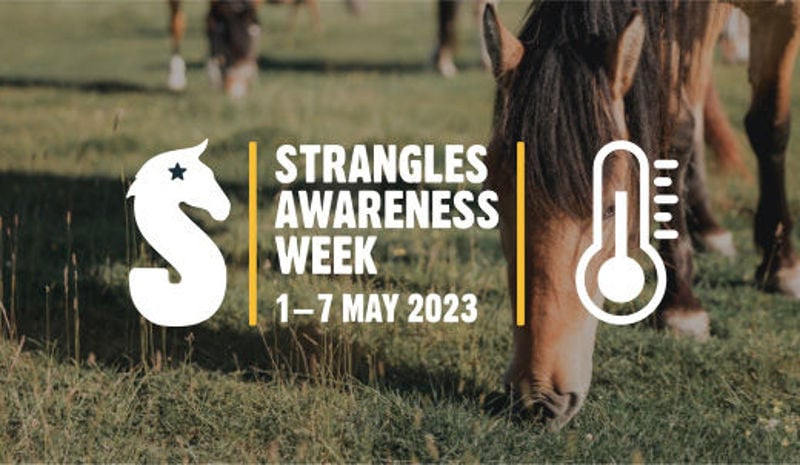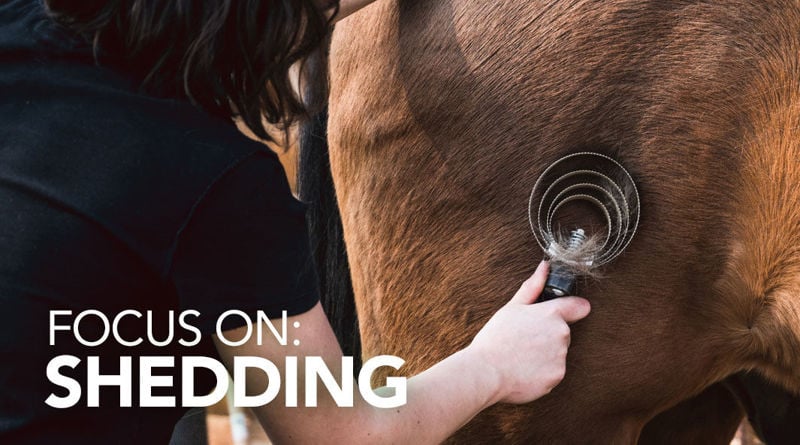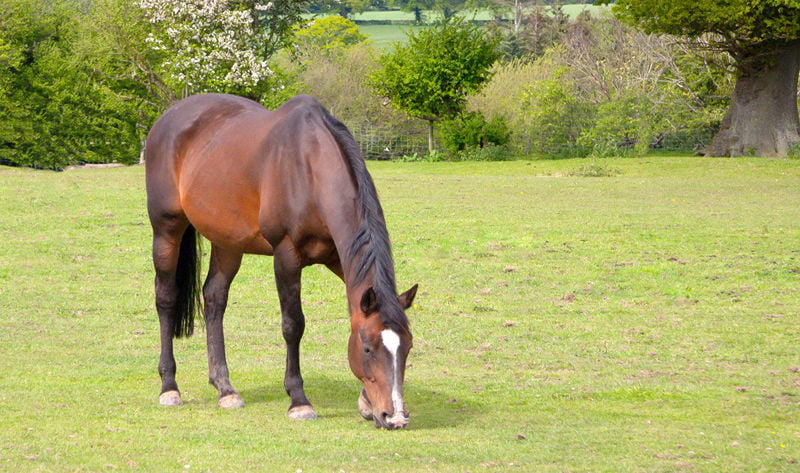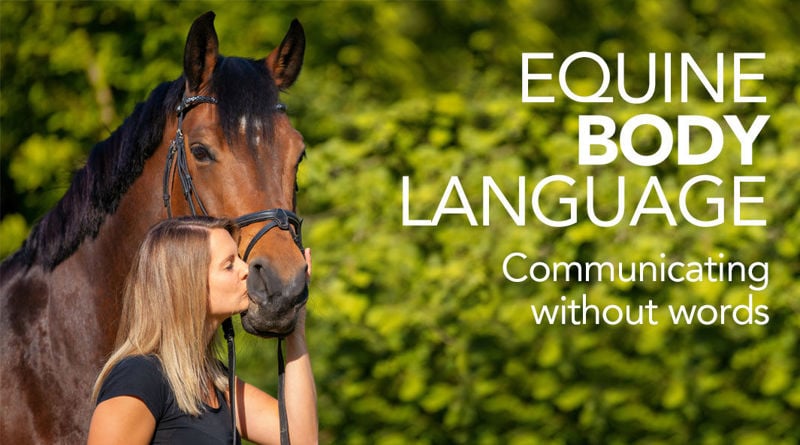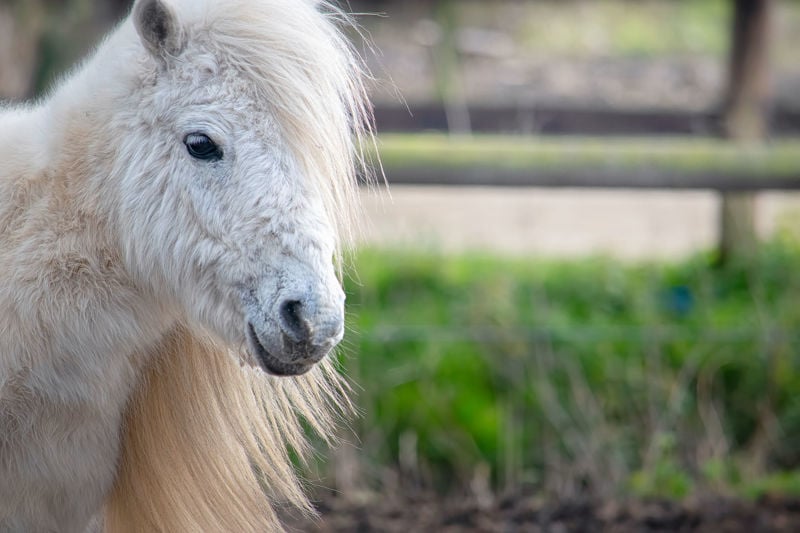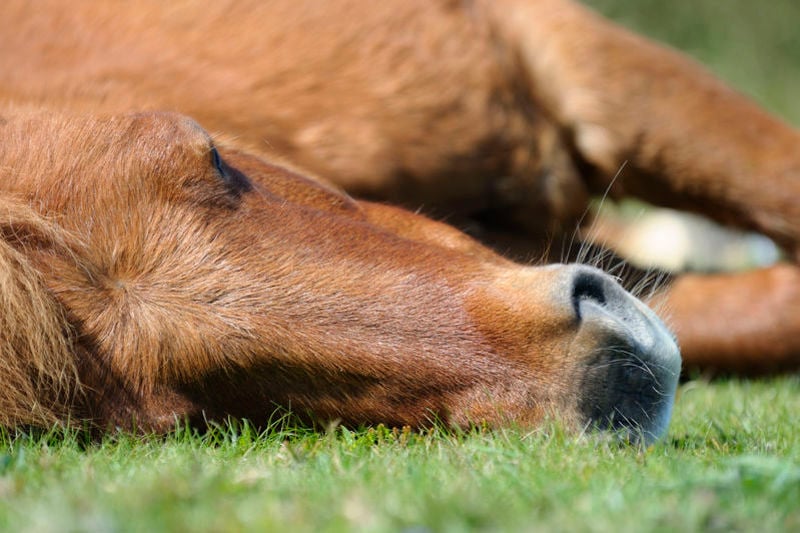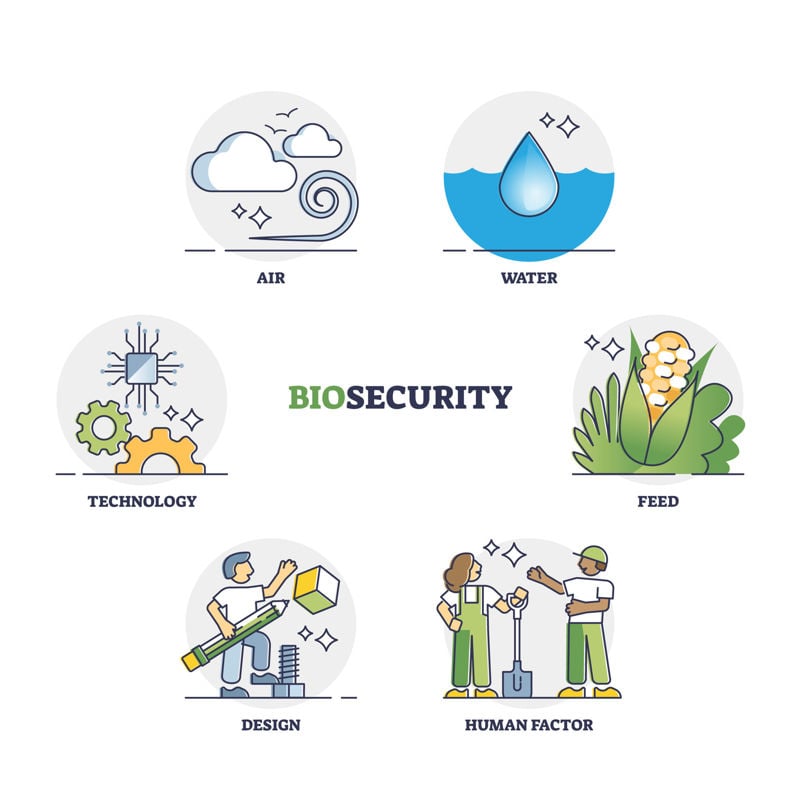Forage should form the basis of every horse’s diet, regardless of their individual nutritional requirements and workload. It is important for the horse's physiological and psychological welfare. We look at how much to feed and the effects of correct feeding.
Filters
Blog Options
Blog archive
- 2025
- 2024
- 2023
- 2022
- 2021
- 2020
- 2019
- 2018
- 2017
- 2016
- 2015
- 2014
Close
45 YEARS AT THE CENTRE OF EQUINE NUTRITION™

- Bespoke All-in-One™
-
Products
- Back
- Horse Joint Supplements
- Horse Digestion Supplements
- Horse Muscle Supplements
- Horse Vitamins & Minerals
- Horse Calming Supplements
-
Horse Respiratory Supplements
- Back
- Clarity®
- Horse Hoof Supplements
- Horse Skin & Coat Supplements
- Horse Health Supplements
- Supplements for Older Horses
- Horse Breeding Supplements
-
Horse Hormone Supplements
- Back
- Hormonease™
- Horse Treats
-
Herbs for Horses
- Back
- Boswellia
- Burdock Root
- Celery Seed
- Chamomile
- Chastetree Berry
- Cider Apple Vinegar
- Cinnamon
- Clivers
- Comfrey
- Dandelion Roots & Leaves
- Devil's Claw
- Echinacea
- Fenugreek Seeds
- Fussy Feeder
- Garlic Powder
- Hawthorn
- Hedge Herbs
- Liquorice
- Marigold Flowers
- Marshmallow Root
- Meadowsweet
- Milk Thistle Seeds
- Mint
- Nettle
- Rosehips
- Seaweed
- Slippery Elm
- Spirulina
- Turmeric
- Yucca
- Canine
- Gift Cards / Rewards
- ABOUT US
- Contact Us
- Knowledge base
Menu
-
Products
- Back
- Horse Joint Supplements
- Horse Digestion Supplements
- Horse Muscle Supplements
- Horse Vitamins & Minerals
- Horse Calming Supplements
-
Horse Respiratory Supplements
- Back
- Clarity®
- Horse Hoof Supplements
- Horse Skin & Coat Supplements
- Horse Health Supplements
- Supplements for Older Horses
- Horse Breeding Supplements
-
Horse Hormone Supplements
- Back
- Hormonease™
- Horse Treats
-
Herbs for Horses
- Back
- Boswellia
- Burdock Root
- Celery Seed
- Chamomile
- Chastetree Berry
- Cider Apple Vinegar
- Cinnamon
- Clivers
- Comfrey
- Dandelion Roots & Leaves
- Devil's Claw
- Echinacea
- Fenugreek Seeds
- Fussy Feeder
- Garlic Powder
- Hawthorn
- Hedge Herbs
- Liquorice
- Marigold Flowers
- Marshmallow Root
- Meadowsweet
- Milk Thistle Seeds
- Mint
- Nettle
- Rosehips
- Seaweed
- Slippery Elm
- Spirulina
- Turmeric
- Yucca
- Canine
- Gift Cards / Rewards
- ABOUT US
- Contact Us
- Knowledge base
Dr. Stephanie Hyland BSc (Hons)
 Please call Stephanie Hyland MSc. RNutr. on 0800 585525
Please call Stephanie Hyland MSc. RNutr. on 0800 585525
for qualified nutrition advice.
 Please call Stephanie Hyland MSc. RNutr. on 0800 585525
Please call Stephanie Hyland MSc. RNutr. on 0800 585525 for qualified nutrition advice.
Blog
On average horses produce around 7 – 9 litres of urine per day, and just like humans, a lot can be learned about the health of the animal from monitoring it. Stephanie Hyland RNutr. looks at what your horse's waste water can tell you.
With over 600 cases reported in the UK each year, Strangles is the most commonly diagnosed equine infectious disease worldwide. It is an extremely contagious illness that affects the upper respiratory tract and is caused by a bacteria called Streptococcus equi. But would you know what symptoms to look for in your horse?
Horses and humans are the only mammals that have hypertonic sweat. This means that sweat contains large amounts of electrolytes and both horses and humans can become dehydrated quickly if electrolytes are not replenished adequately. We look at the purpose of electrolytes and how you can help your horse.
Spring has finally sprung, the clocks have gone forward, and the sun is finally making an appearance. With all this comes coat change season and as the daylight hours increase our horses begin to shed their winter coats. See our tips on how to keep your hair when your horse is losing theirs.
With Spring just around the corner, now is the time to prepare your horse for what is to come, so take advantage of our offer and get top tips from our nutritionist on getting your horse ready for the change of season.
You and your horse both communicate via body language and understanding your horse's body language, as well as your own will help improve your relationship and how you understand each other.
Dr. Stephanie Wood explains how the Feedmark team create your horse's Bespoke All-In-One™ to make a truly personalised formulation.
Feedmark's Director of Science and Nutrition, Dr. Stephanie Wood, takes a look prohibited substances and how we can reduce the risk of our horses consuming them.
Dr. Stephanie Wood discusses Pituitary pars intermedia dysfunction (PPID) and the effects on equids.
Anouk Frieling, mSc Equine Science, BSc (Hons) looks at the sleeping patterns of horses
Alan Creighton talks about Biosecurity in equine premises
Copyright © 2025 Feedmark Ltd. All rights reserved.
